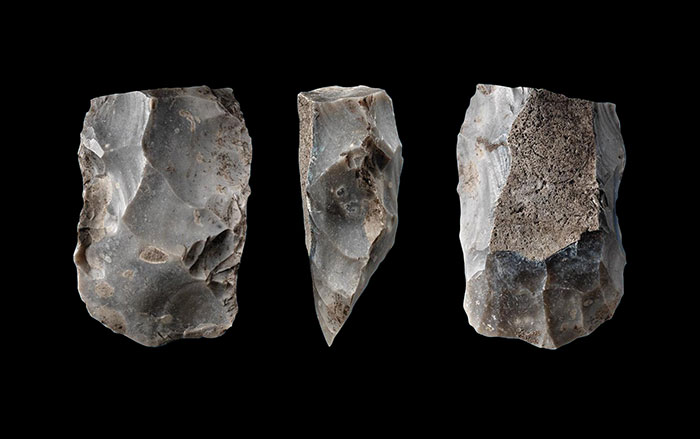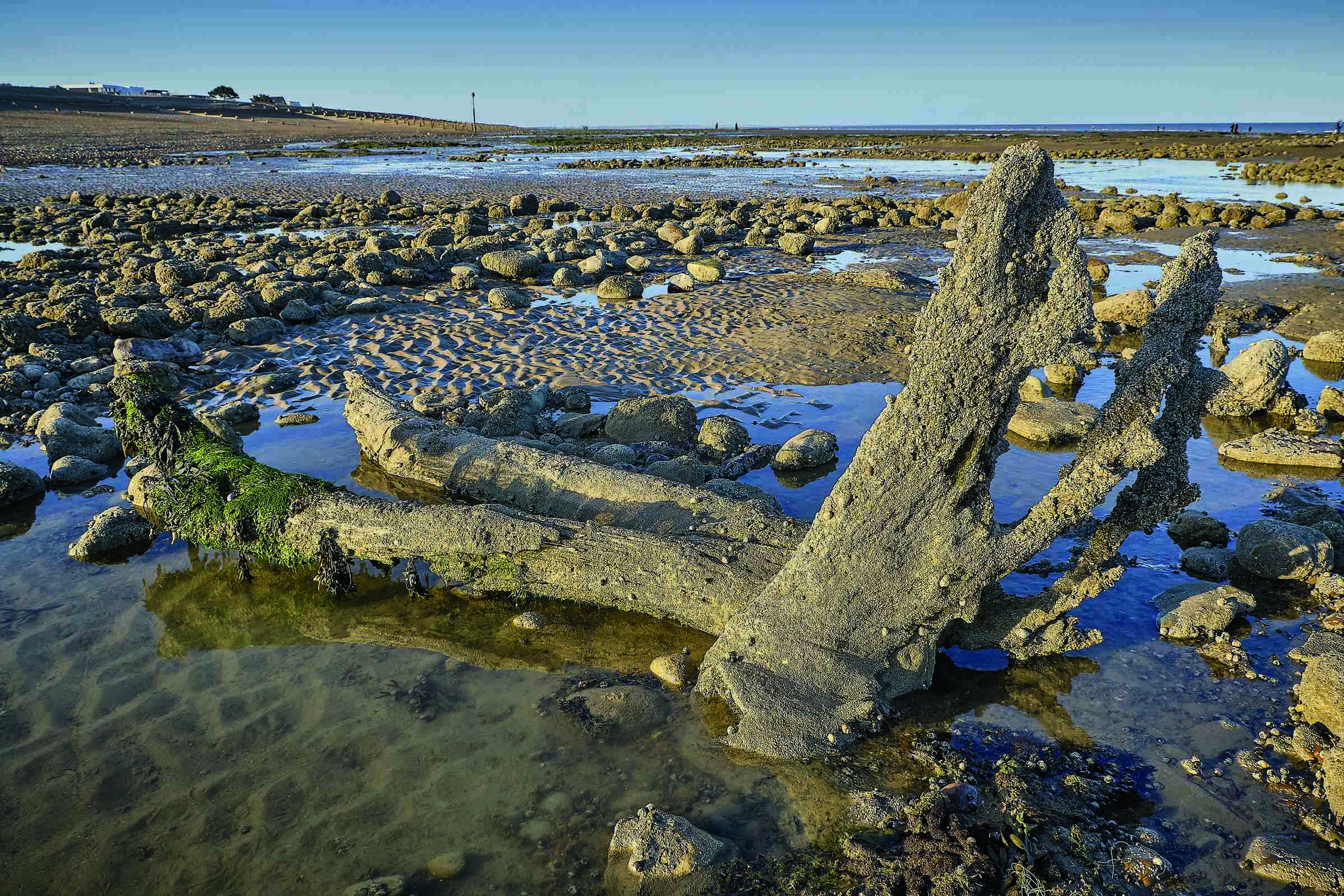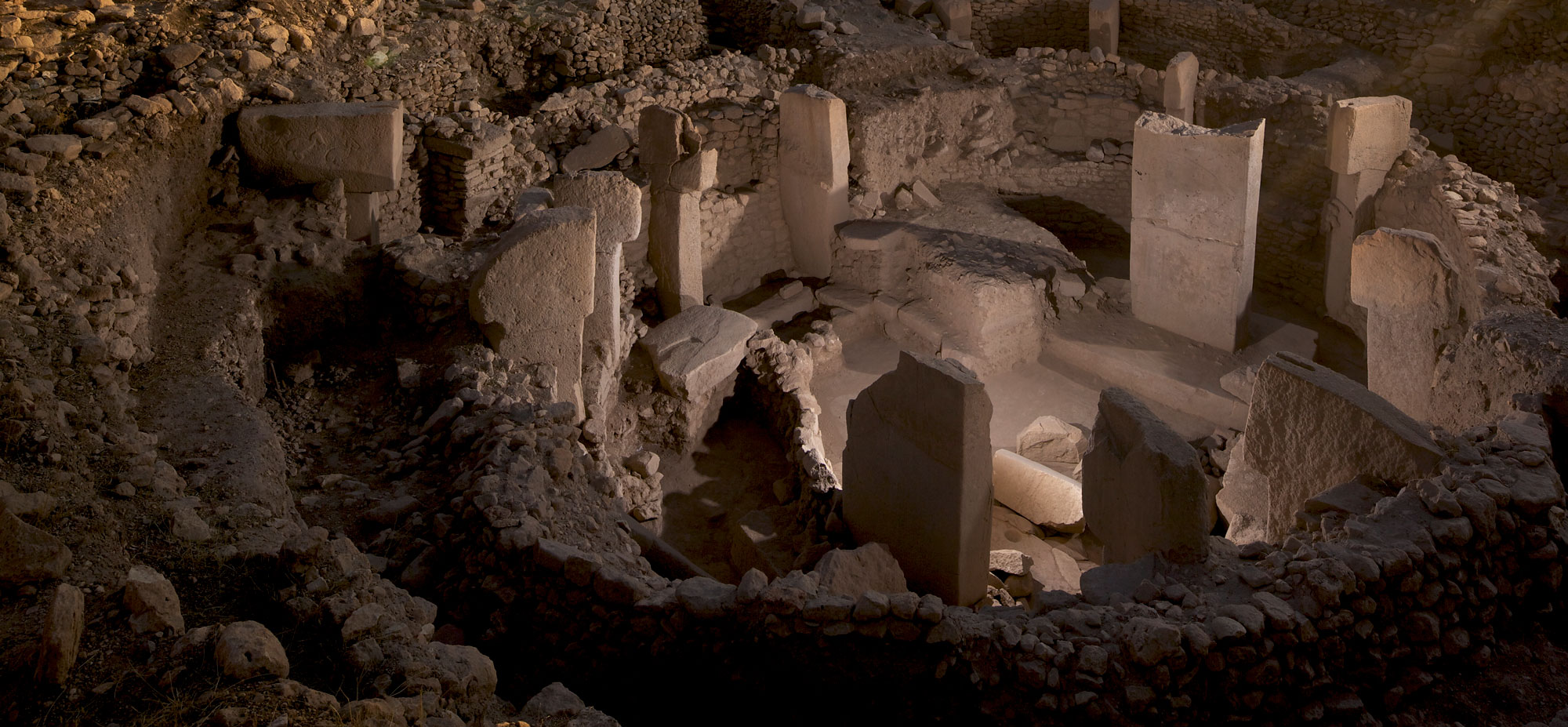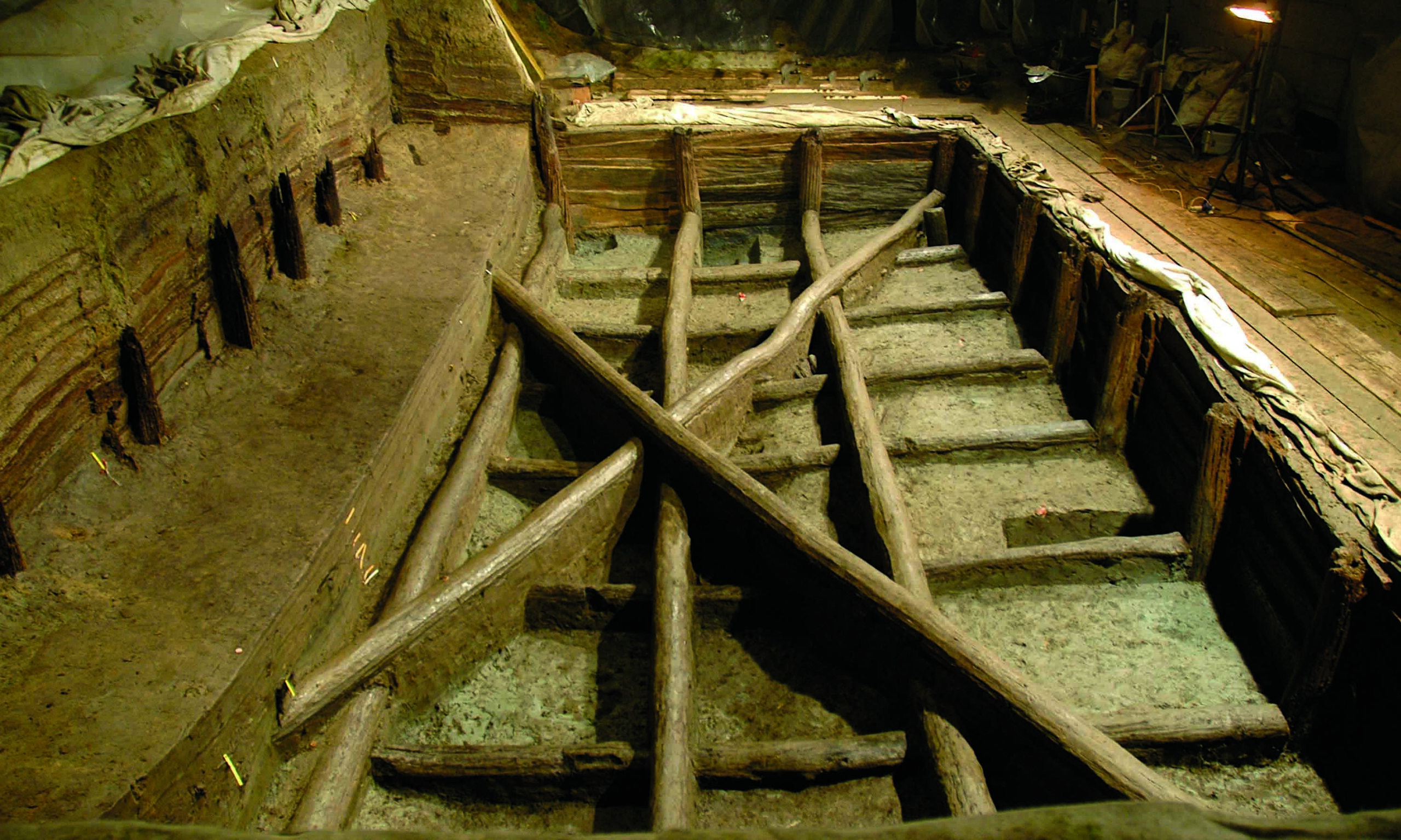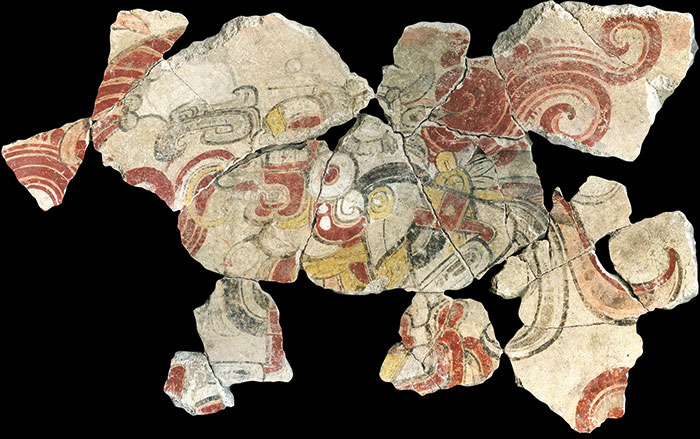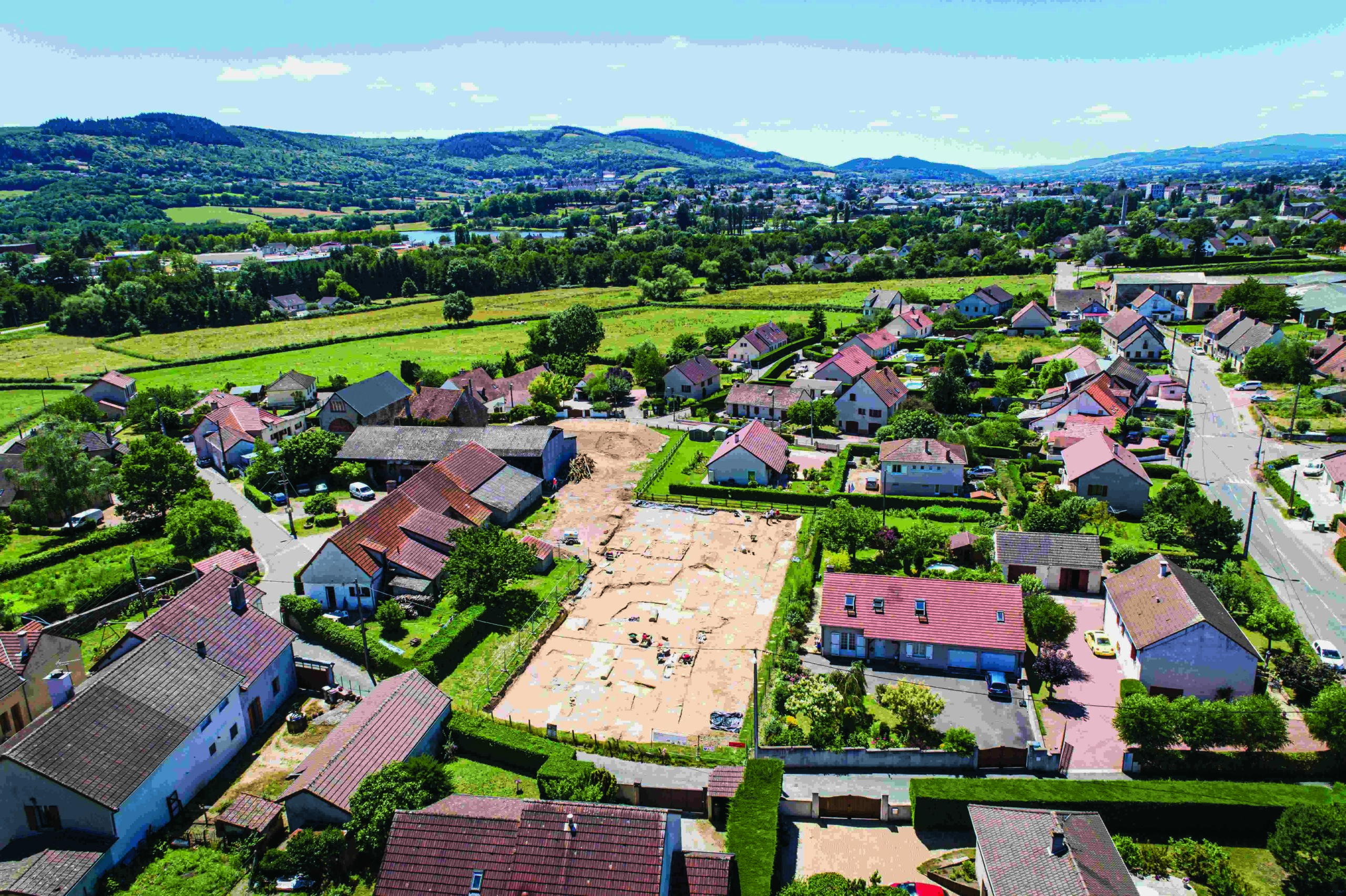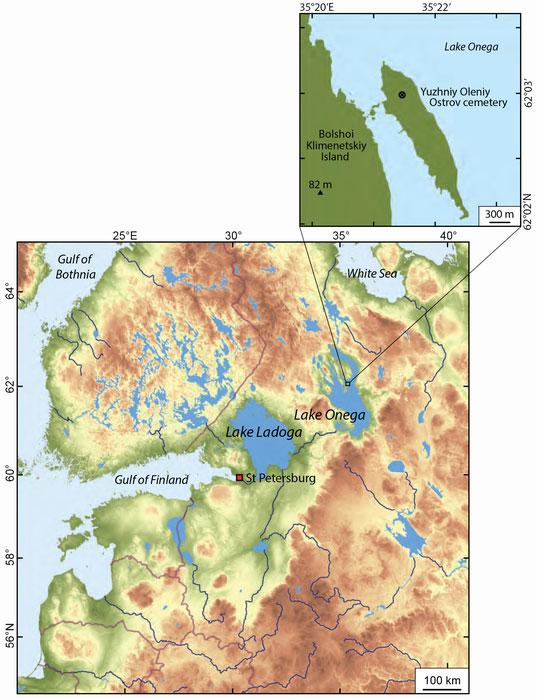
OXFORD, ENGLAND—Cosmos Magazine reports that archaeologists including Rick J. Schulting of the University of Oxford have determined that Yuzhniy Oleniy Ostrov, a cemetery on an island in northern Russia’s Lake Onega, was used for a 200-year period during the so-called mini–Ice Age. Some 8,200 years ago, the climate grew cooler when meltwater from an ice sheet reached the North Atlantic, bringing about drastic changes in local plant life and food sources. The deep waters of Lake Onega, however, likely produced a microclimate that could have supported fish, plants, and large game such as elk, the researchers explained. They suggest that the island cemetery reflects a more complex and united society built by the hunter-gatherers who congregated in the area as they responded to the stress of climate change. The researchers concluded that the cemetery was abandoned after about ten generations, when the climate improved, perhaps because the people split back up into smaller, nomadic groups. To read about evidence for environmental changes over the past 10,000 years in southwestern Libya, go to "Around the World: Libya."



